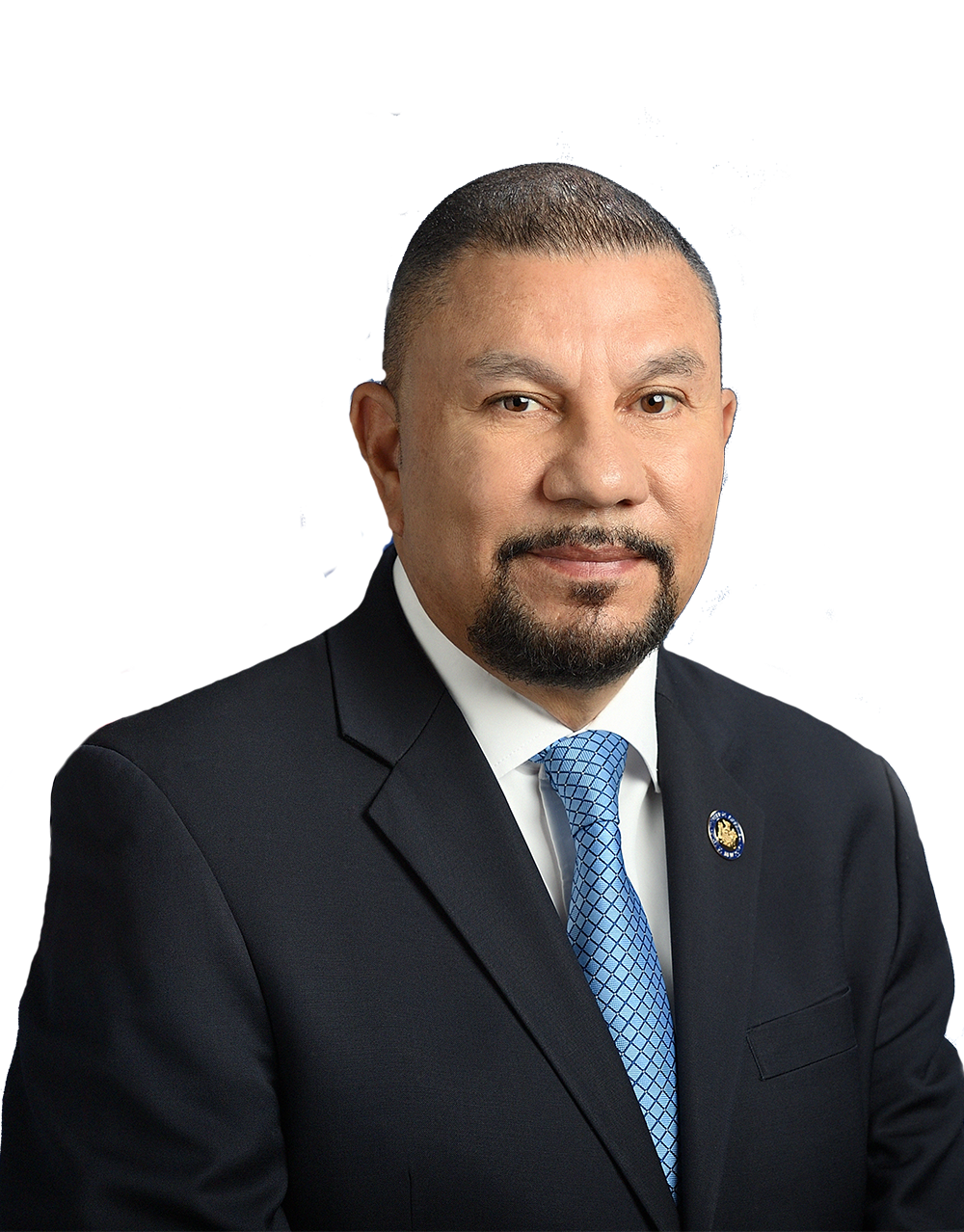Assemblyman Ramos’ Legislation to Help Veterans with Disabilities Passes Assembly
Assemblyman Phil Ramos (D-Brentwood) announced that legislation he authored to support veterans with disabilities passed the Assembly. The measure establishes the New York State Interagency Coordinating Council for Service-Disabled Veterans to identify the needs of these veterans and help them gain access to state and local resources (A.5931).
“Veterans put their lives on the line for our country,” Ramos said. “It’s our duty as New Yorkers to make sure that veterans with disabilities have the support and resources they deserve when they come home.”
As veterans return home with service-related disabilities, New York State must do more to provide additional support and information about service availability. Specifically, the bill will create an interagency collaboration to identify the needs and services that service-disabled veterans require and a more efficient matching of those needs to state resources.
Further, Ramos helped protect disability rights by passing legislation to ensure equal protection for all New York State employees (A.2546).
The Assembly’s legislative package – which coincides with Legislative Disabilities Awareness Day, May 22¬ ¬¬¬ – also improves emergency preparedness and housing safety by clarifying that reasonable accommodation for housing includes the use of a service animal and requiring owners of high-rise buildings to establish an emergency evacuation plan for occupants and visitors with disabilities, update and maintain the plan as necessary and ensure the evacuation plan is available to emergency personnel (A.7283, A.6287). It also requires counties with local emergency management plans to maintain a confidential, voluntary registry of residents with disabilities who may need assistance or shelter during a disaster (A.6865).
Additional legislation:
- makes absentee ballots available in Braille or large-print for blind or visually impaired New Yorkers (A.4961-B);
- allows non-elderly individuals with disabilities to create Medicaid Supplemental Needs Trusts (SNTs) without having to file a petition with a court, allowing them to exclude that trust from the medical assistance eligibility determination (A.6743); and
- requires the state Department of Health to ensure eligible residents are aware of the excess income trust program which allows Medicaid recipients to receive public benefits and maintain a fund to pay for living expenses and medical care that is not covered (A.5175-A).
“New Yorkers living with disabilities deserve equal rights and protections,” Ramos said. “These measures bring us closer to making that a reality and ensuring their needs are met.”
